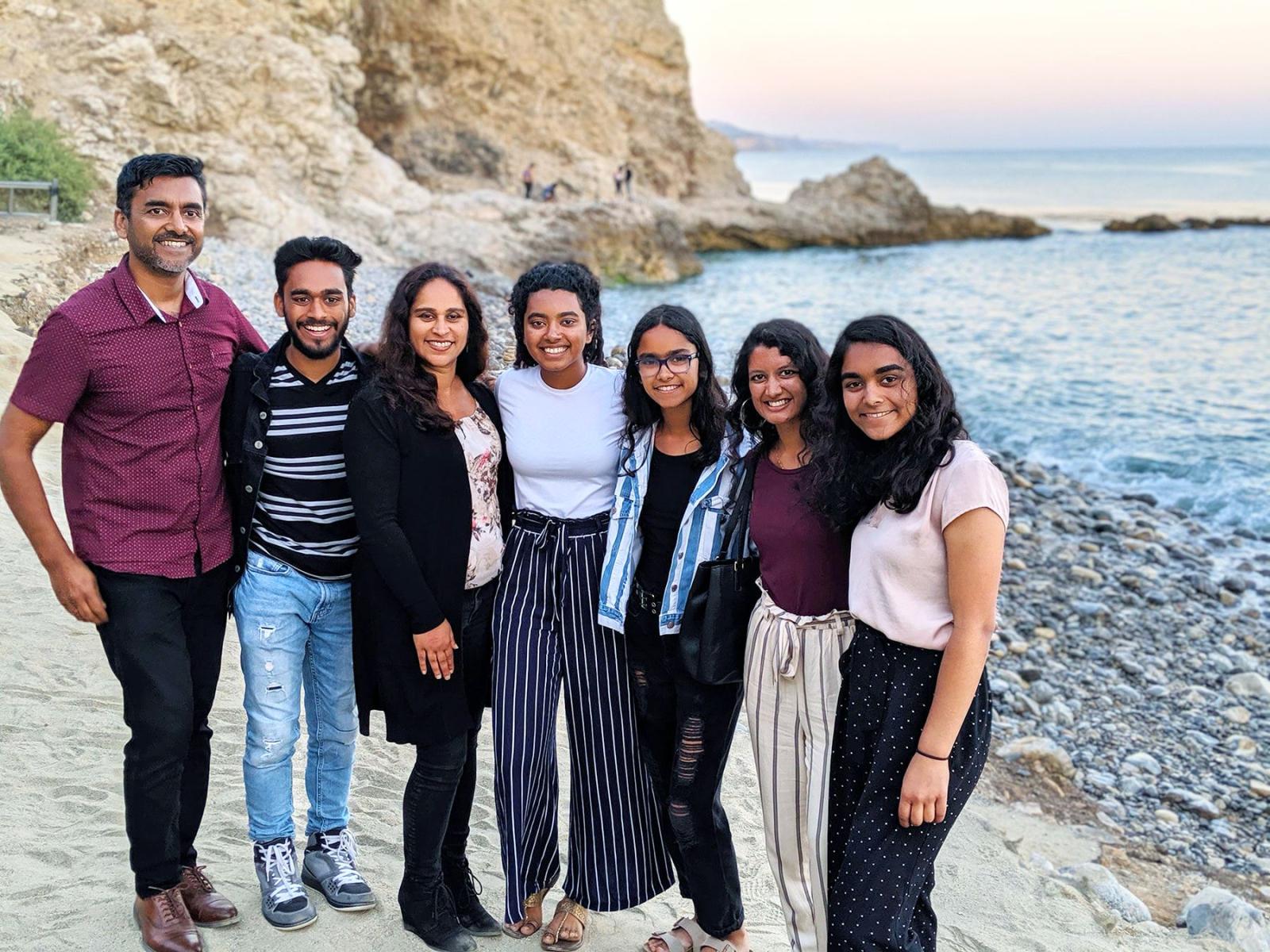Like most high school seniors, Jayde, 17, is focused on getting good grades and applying to colleges. She enjoys spending time with her friends and is involved in extracurricular activities at her church.
Though Jayde lives a busy and well-rounded lifestyle, she had previously experienced severe daytime sleepiness, muscle weakness, nightmares, and the inability to move when waking up. For the last few years, Jayde would involuntarily fall asleep at any moment throughout the day — even while she was doing homework, sitting in class or having a conversation. Jayde’s learning and daytime functioning were being affected by her lack of healthy sleep.
“My grades dropped because I could not pay attention,” says Jayde. “It was a struggle to understand what I was reading and writing. I would fall asleep in class and luckily my friends would wake me up. My body sometimes felt as though it was falling whenever I laughed or expressed emotion. I eventually had sleep paralysis where I could not move at times.”
Many doctors were unable to accurately diagnose Jayde’s condition — with some physicians believing she had rheumatoid arthritis. After doing her own research, Jayde suspected her conditions were symptoms of narcolepsy, a chronic sleep disorder that is characterized by daytime drowsiness and difficulty staying awake for long periods of time.
As Jayde’s exhaustion and conditions worsened, her mother, Sara, knew it was time to request a sleep study — also known as a polysomnogram — for her daughter. Sleep studies are conducted with the goal of diagnosing certain sleep disorders, including narcolepsy, using monitoring systems that record brain waves, heart rate, breathing, oxygen levels in the blood, as well as eye and leg movements.
Though Jayde underwent a sleep study at another health care center in late 2018, she and Sara wanted to bring the results to a sleep disorders specialist that could provide an accurate diagnosis. After much searching, they decided to visit Gary Feldman, M.D., pediatric sleep medicine specialist and medical director at the Stramski Children’s Developmental Center at MemorialCare Miller Children’s & Women’s Hospital Long Beach.
The Stramski Children’s Developmental Center provides a wide range of comprehensive care for children with developmental conditions, including sleep disorders.
“We wanted Jayde to receive her treatment at Miller Children’s & Women’s because of its large network of physicians,” says Sara. “Even though Miller Children’s & Women’s is a pediatric hospital, I knew this was the right fit for my teen. Dr. Feldman received Jayde’s results and was the first doctor to suggest she had symptoms of a sleep disorder.”
Dr. Feldman diagnosed Jayde’s excessive daytime sleepiness as narcolepsy, which includes cataplexy, a condition where the sudden loss and control of muscle tone is triggered by strong emotions, and sleep paralysis, a temporary state that prevents the ability to move when waking up from sleep.
“After going through so many doctors, I did not think there was much we could do,” says Jayde. “Dr. Feldman was confident in my narcolepsy diagnosis — he gave me reassurance that we would be able to work through it.”
Dr. Feldman determined that daytime and nighttime medications would help Jayde regulate her sleep cycle and help manage her sleep disorder. Though Dr. Feldman and Jayde had to explore different medication combinations and dosage levels, Jayde has found the right medicine regime that allows her to have healthy sleep and daytime energy again.
Now getting ready to attend California State University, Long Beach later this year, Jayde is able to continue striving forward in her academic and social life.
“My treatment is working and I’m able to function again,” says Jayde. “Thanks to Dr. Feldman, my family and my friends, I’ve made progress and I continue to learn how to manage my disorder.”


